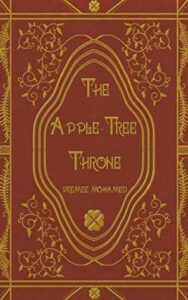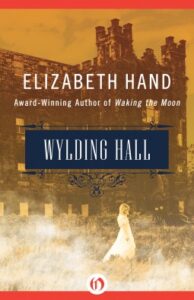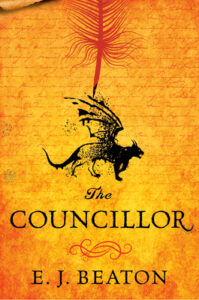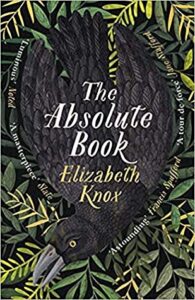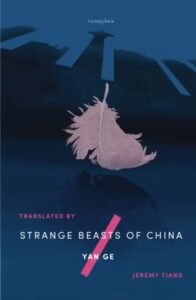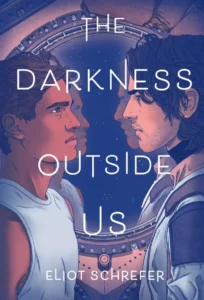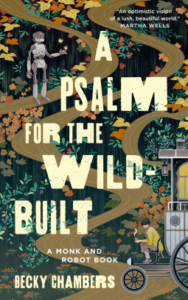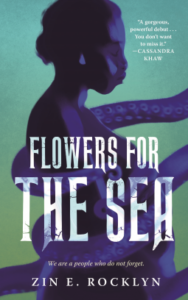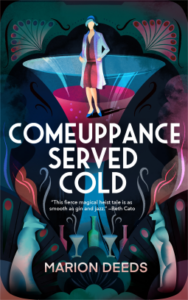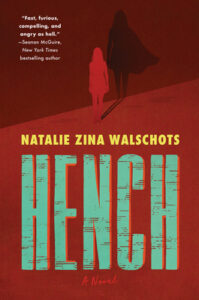 Hench, Natalie Zina Walschots
Hench, Natalie Zina Walschots
Hench is set in a world where heroes and villains exist; where groups of heroes team up, while younger heroes are sidekicks, and where villains hire help from temp agencies. Anna does data entry, strictly not fieldwork, but as she begins to take a few risks and agree to do a little more, she has the misfortune to cross paths with Supercollider, a hero who leaves more than a little collateral damage in his wake. As she recovers, her leg shattered, she begins to run the numbers: how many people do the heroes kill or seriously wound? How much property damage do they do? What, exactly, do they cost the world?
And of course, her work draws more than a few eyes. Including those of Leviathan, a supervillain with a pretty epic set of resources. Under his tutelage, she becomes the Auditor, and begins to find ways to pick the heroes apart…
It’s strange spending a book rooting for the villains when they are still villainous. Not that Supercollider’s great, either — the things Anna finds out about his cost to the world are true, and he’s a ball of rage in the shape of a man, no hero but a man who hungers for the conflict, the violence, and the adulation he received in response. A man who eats up those around him. If this were an AITA post on Reddit, the answer would be firmly ESH.
Nonetheless, I found myself rooting for Anna, while hating it and criticising her. I think part of the problem is the fairly simplistic world that’s set up here — nuance struggles to find a place in the black and white, and we end up with a book where the heroine does absolutely awful things (the last 50 pages are full of extreme body horror), while we’re still kinda meant to be rooting for her.
I did enjoy the bond that grows between Anna and Leviathan, without ever resorting to being simplistically about romantic love. There’s a very queerplatonic vibe about it at times. There are some great relationships between other characters here too, and lots of snappy dialogue and quippy banter.
I’m torn on how to rate this, in the end: I liked it a lot, for the most part, but on reflection, I felt the last 50 pages went too far.

